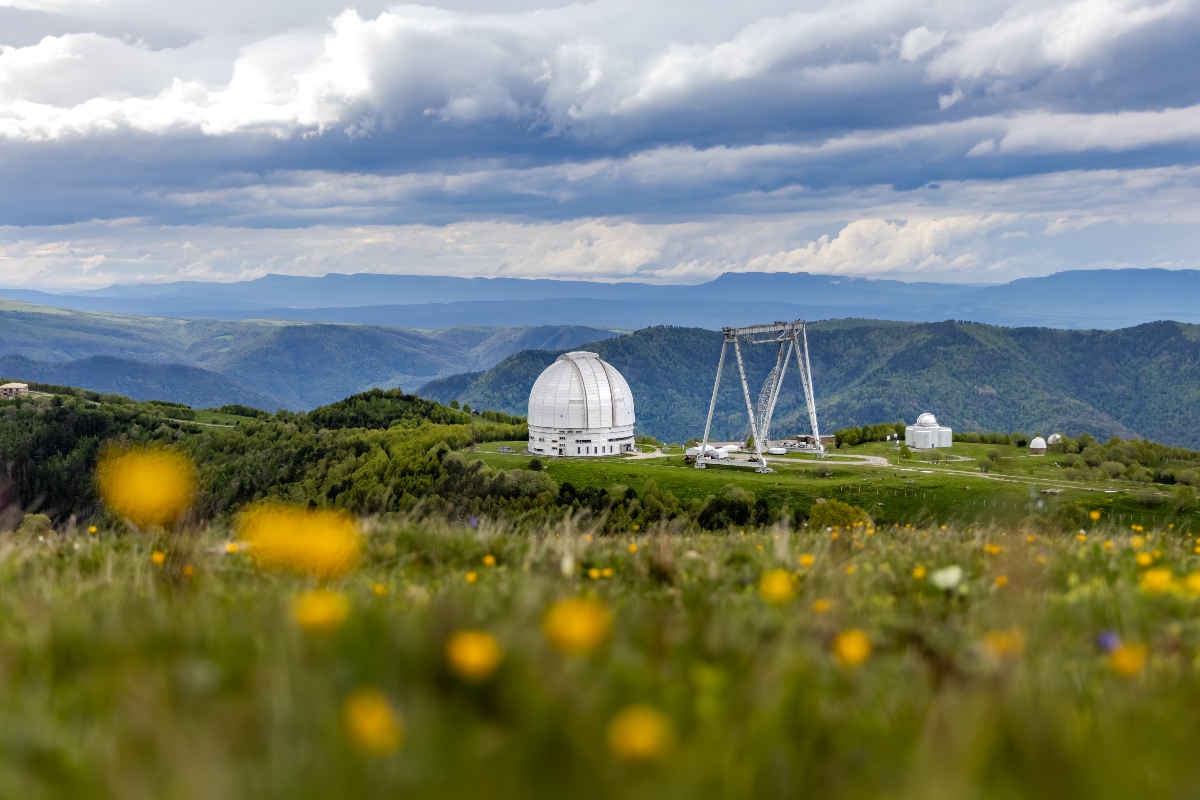The question of whether we are alone in the universe has fascinated mankind for centuries. Today, science and technology have brought us closer than ever to answering this question.
From space missions to the study of exoplanets, efforts to find life outside of Earth continue to capture the attention of the world, including the Hispanic community in the U.S. Discover the most exciting developments here!
Exoplanets: Potentially Habitable Worlds

In recent decades, astronomers have identified more than 5,000 exoplanets, i.e., planets orbiting stars outside our solar system.
Some of them, such as Proxima Centauri b and Kepler-452b, are located in habitable zones, where conditions could allow the existence of liquid water, a key element for life as we know it.
Signs from space: Is someone calling us?

The radio telescopes of programs such as SETI (Search for Extraterrestrial Intelligence) are designed to pick up possible radio signals from advanced civilizations.
Although no confirmed communication has been detected so far, scientists have received intriguing signals, such as the famous “Wow!” signal in 1977, which still baffles experts.
Mars and the moons of the solar system

Our solar system is also a focus of research.
Mars, with its history of liquid water and tenuous atmosphere, remains a prime candidate for finding traces of past life.
NASA's Perseverance mission has already collected samples that could hold important clues
QuéOnnda.com
Other moons, such as Jupiter’s Europa and Saturn’s Enceladus, have oceans beneath their icy surfaces.
These areas could harbor microorganisms in conditions similar to those of hydrothermal vents on the Earth’s seafloor.
Technological advances that make a difference

Thanks to tools such as the James Webb Space Telescope, it is now possible to analyze the atmosphere of exoplanets for biosignatures such as oxygen, methane or water vapor.
This telescope will also allow us to observe the first galaxies and stars in the universe, expanding our understanding of the cosmos.
For the Hispanic community, this quest represents more than just science.
It is an opportunity to reflect on our place in the universe and what it means to be part of a shared humanity.
In addition, educational programs in Spanish are helping to inspire new generations of Latino scientists and astronomers.
For more out-of-this-world news, visit QuéOnnda.com.























